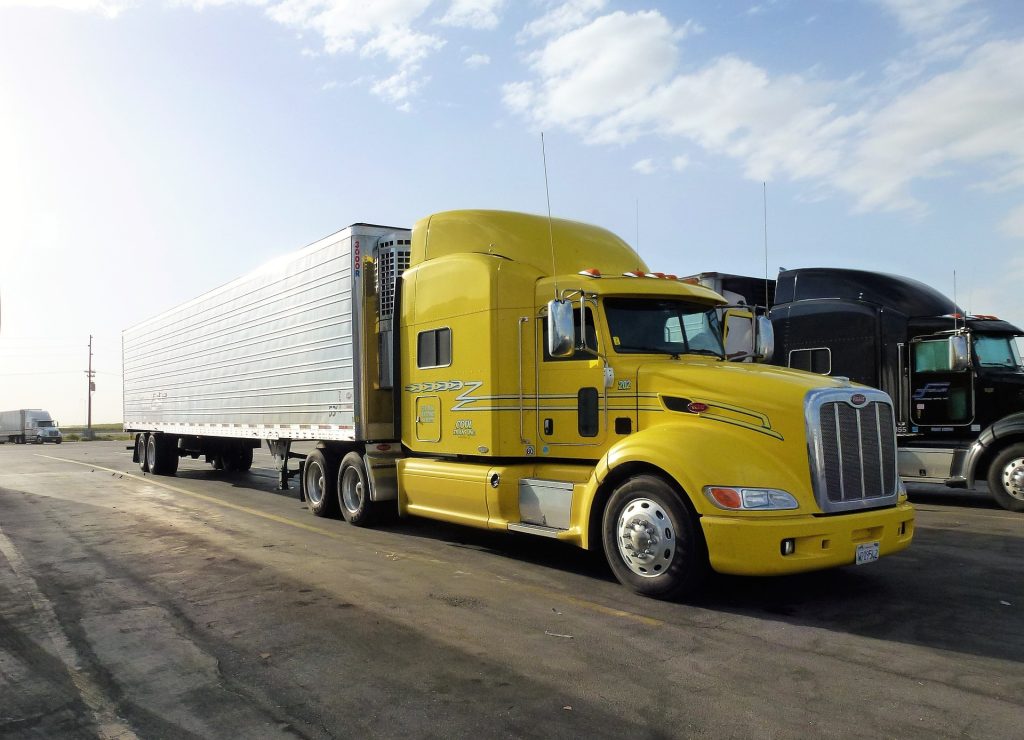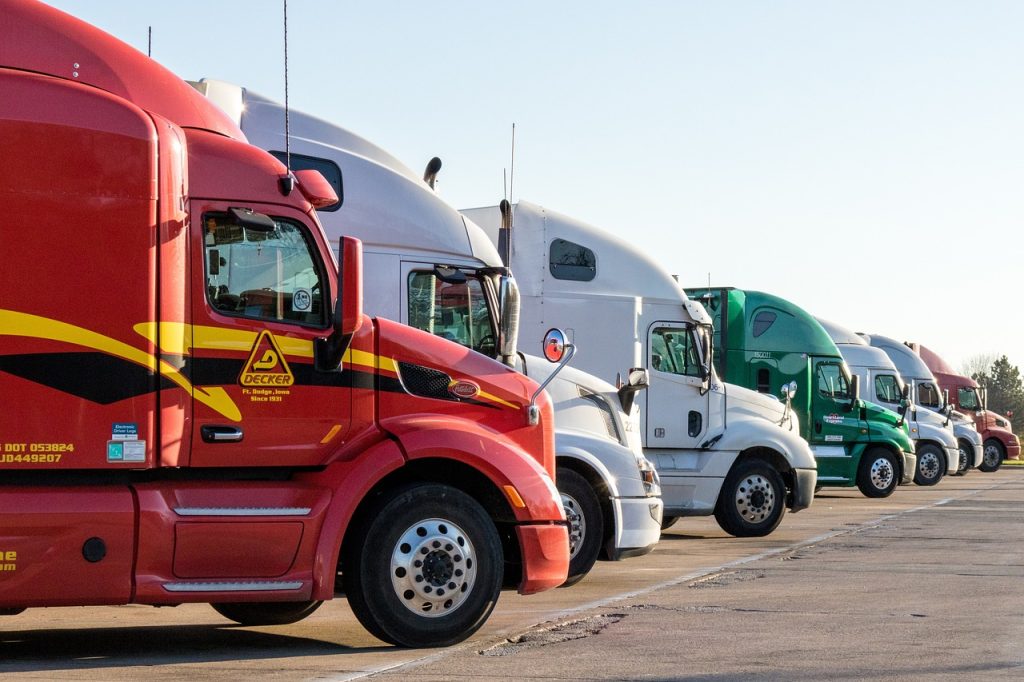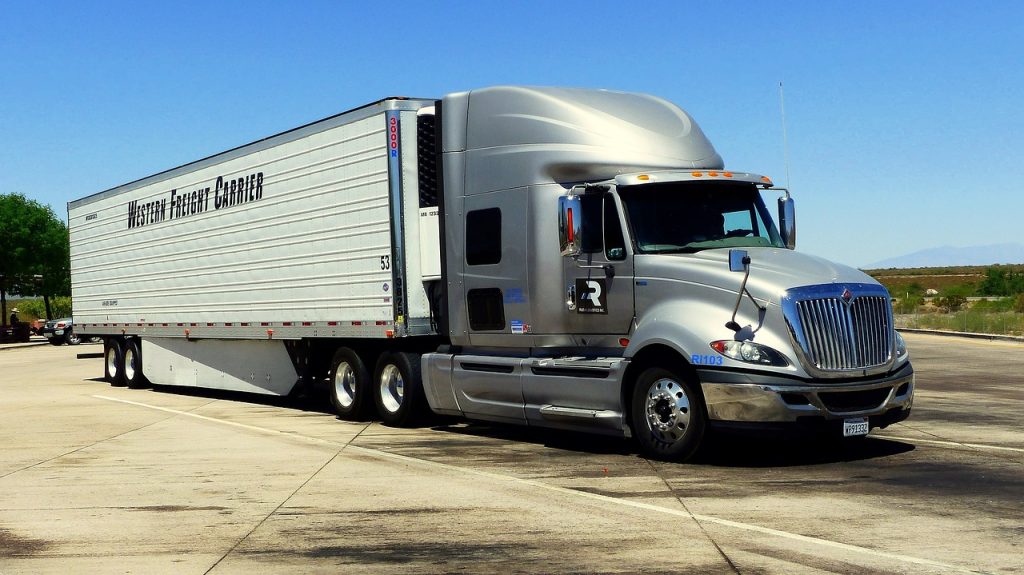Georgia Truck Weight Limits
Freedom Heavy Haul can offer expedited Pickup and Delivery for any size shipment anywhere in the USA. Contact us today for No Hassle, No Pressure Pricing.
In 2023, Georgia introduced significant changes to its truck weight limit regulations, a move that has wide-reaching implications for the trucking industry, road safety, and state infrastructure. The revision of these limits marks a crucial shift in the state’s approach to managing the weight of large vehicles, particularly those carrying key commodities like agricultural and forest products.
In this article, you will learn about Georgia truck weight limits and the details of the new regulations, their operational implications, the challenges they pose, and their future prospects.
Introduction to Georgia Truck Weight Limits Changes
The state of Georgia, recognizing the evolving needs of its agricultural and forestry sectors, enacted a new law in 2023 to adjust the weight limits for trucks. This decision was not made lightly, as it reflects a balance between economic interests and the safety and maintenance of roadways. The law represents a critical response to the demands of industries that are central to Georgia’s economy, while also addressing safety and infrastructure concerns.

Background of the 2023 Law
The 2023 law emerged from a growing need to support Georgia’s robust agricultural and forestry sectors, as well as the demands of heavy haul operations in Georgia. These industries have long been integral to the state’s economy, and the increased weight limit is seen as a way to enhance their efficiency and competitiveness. The law’s passage followed considerable debate, reflecting the complex interplay of economic benefits and safety concerns.
Significance of Truck Weight Regulations
Truck weight regulations are more than just numbers; they play a critical role in ensuring road safety, preserving infrastructure, and balancing the efficiency of transportation with public welfare. Overweight trucks can cause significant damage to road surfaces and structures, leading to increased maintenance costs and potential hazards. Thus, any adjustment in these regulations requires a thorough consideration of these factors.
Detailed Overview of New Regulations
The new regulations introduced in Georgia mark a significant change from previous limits, particularly for trucks carrying specific types of cargo. This section explores the key aspects of these new rules, including the weight limits and the commodities they affect.

Increased Limits for Truck Weights
At the heart of the new law is the increase in the maximum allowable weight for trucks, a key consideration for Georgia heavy haul services. The limit has been raised from the previous cap of 80,000 pounds to 88,000 pounds. This adjustment is tailored to trucks hauling agricultural and forest commodities, recognizing the particular needs of these sectors.
Comparison of Old and New Weight Limits
Prior to the 2023 changes, Georgia, like many states, adhered to a truck weight limit of 80,000 pounds, aligning with federal regulations. However, recognizing the need for flexibility, the state previously allowed a variance of up to 84,000 pounds under certain conditions. The new law not only increases this limit but also broadens the scope of its applicability.
Targeted Commodities: Agriculture and Forestry
The specific focus on agricultural and forest commodities is a strategic decision by Georgia. These sectors are vital to the state’s economy, and the increased weight limit is seen as a way to bolster these industries by allowing for more efficient transportation of their products.
Geographical Scope of the Law
The revised weight limits apply to local roads and state highways, a decision that underscores the state’s intention to support local industries while managing the impact on major transportation networks.
Inclusion of Local and State Highways
By applying the new weight limits to local roads and state highways, Georgia aims to facilitate easier and more efficient transport for trucks within the state, particularly for those carrying goods from rural agricultural and forestry areas.
Exemption of Interstate Highways
The exclusion of interstate highways from the new weight limits is a critical aspect of the law. This decision helps maintain uniformity with federal weight regulations on these highways and mitigates the potential for increased wear and tear on these major transport routes.
Operational and Enforcement Guidelines
With the introduction of new weight limits, Georgia has also implemented specific operational guidelines and enforcement measures that affect heavy haul transport in Georgia. These are designed to ensure that the increased limits are adhered to responsibly and do not lead to unintended consequences.

Radius of Operation for Trucks
A key operational guideline under the new law is the limitation of a 150-mile radius from the point of origin for trucks operating under the increased weight limit. This measure aims to balance the benefits of higher weight limits with the need to manage their impact on road infrastructure and safety.
Limitation to 150 Miles from Origin
The 150-mile radius restriction is particularly relevant for trucks transporting agricultural and forestry products, ensuring that the increased weight limits are used primarily for short to medium-distance hauls within the state.
Enforcement and Penalties
The new regulations come with a robust enforcement mechanism. Georgia has empowered local law enforcement authorities to conduct checks and impose penalties on trucks that violate the weight limits. This enforcement is crucial to maintaining the integrity of the law and ensuring the safety of road users.
Regulations on Overweight Trucks
Overweight trucks pose significant risks to road safety and infrastructure. The enforcement of weight limits is therefore a critical aspect of the law, aimed at preventing potential damage and accidents caused by excessive loads.
Role of Local Law Enforcement
Local law enforcement plays a pivotal role in the enforcement of the new weight limits. Officers are authorized to stop and check trucks they suspect of being overweight, ensuring compliance with the law.
Implications and Challenges
While the new truck weight limits in Georgia are aimed at supporting key economic sectors, they also present several challenges and implications, particularly concerning road infrastructure and safety.

Infrastructure Impact and Maintenance Costs
The increased weight limits could lead to more significant wear and tear on road surfaces and structures, which is a critical consideration for heavy haul transport in Georgia, potentially resulting in higher maintenance costs borne by taxpayers. This aspect has been a point of contention among local officials and residents concerned about the long-term impact on the state’s infrastructure.
Safety Concerns and Accident Risks
Another critical concern is road safety. Heavier trucks can pose greater risks in the event of accidents, leading to more severe outcomes. This risk factor has been highlighted by safety advocates and insurance companies, who caution about the potential increase in fatal accidents involving large trucks.
Opposition from Public and Legal Entities
The law has faced opposition from various quarters, including public officials, legal entities, and safety organizations. These groups have raised concerns about the potential negative impacts of the increased weight limits, advocating for a more cautious approach to balancing economic benefits with public safety.
Legislation and Future Prospects
The new truck weight limit law in Georgia, while currently in effect, has a defined lifespan that could impact heavy haul services in Georgia in the future. It includes a sunset clause, which necessitates a re-evaluation of its impact and effectiveness in the near future.
Temporal Nature of the Law
House Bill 189, which governs the new weight limits, includes a sunset date of July 1, 2025. This temporal nature indicates that the law is subject to review and potential adjustments based on its outcomes and the evolving needs of the state.
Possibilities for Future Regulation Changes
Given the ongoing debates and the temporary nature of the current law, there is potential for future changes to Georgia’s truck weight regulations. These could involve further adjustments to weight limits or modifications to operational and enforcement guidelines, depending on the outcomes of the current law and the evolving needs of the state and its industries.
In conclusion, Georgia’s 2023 changes to truck weight limits represent a significant shift in the state’s approach to managing the transportation needs of its key industries. While these changes are designed to boost economic efficiency, they also bring forth challenges and concerns that need careful management. As the state navigates these new regulations, the balance between economic interests, road safety, and infrastructure integrity remains a critical consideration for policymakers.







